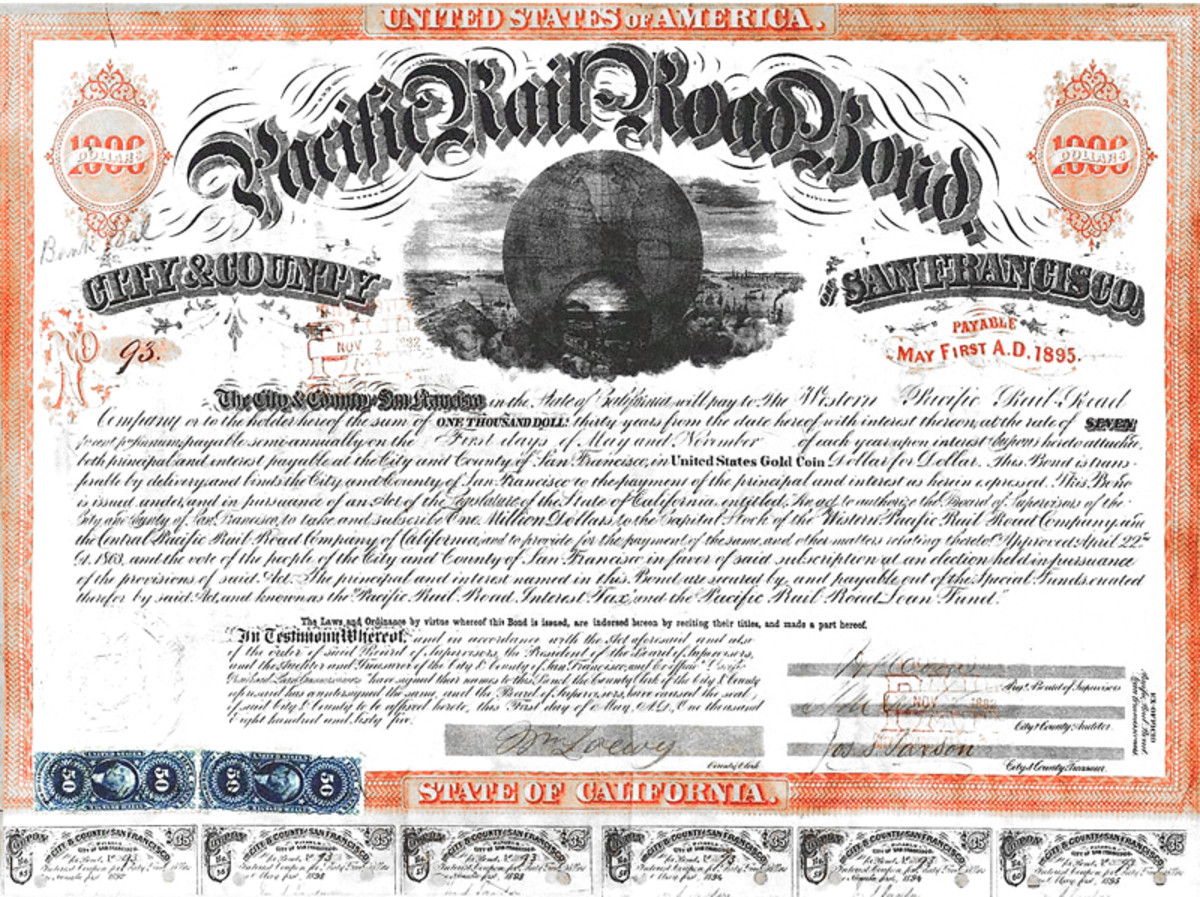Foreclosure Investing: 6 Must-Know Things About Buying Foreclosed Properties with Right of Redemption Periods
Foreclosure Investment & Right of Redemption Laws Discussion
If you’re itching to get into the real estate investing game, buying foreclosed properties is a good way to do it. Especially, right now. From Florida to Arizona, many markets are overflowing with foreclosed properties. And, many new and experienced real estate investors are making a mint.
But “foreclosure investing” is not a get-rich-quick scheme. It’s fraught with pitfalls. And, one of the deepest may be buying foreclosures in states that have right of redemption laws. Here, we’re going to discuss foreclosure investing as it relates to buying properties that have right of redemption periods.
Specifically, we’re going to point out six things every “foreclosure investing” investor needs to know. Before we get into that though, let’s briefly define what right of redemption laws are.
Foreclosure Investing: What Is a Right of Redemption Law?
Right of Redemption laws give foreclosed-on homeowners a chance to “redeem” their property, even after it has been sold as a foreclosure. Learn more about Right of Redemption laws, specifically from a homeowners point of view.
From this definition, you clearly see how this can be not such a good thing from a real estate investor’s point of view. They have to be extremely careful because they could not only be out a profitable investment – but a lot of money is well if they don’t know the rules of the game.
To that end, following are six things every real estate investor should know about foreclosure investing.
Foreclosure Investing: Property Investors Rights and Realities When Buying Right of Redemption Properties
1. Know Redemption Period in the Your Jurisdiction: Redemption periods are set by state law. And, they vary widely. They can be as little as a day (Florida), on up to two years (Tennessee). Most fall in the six month to one year time frame.
Furthermore, the redemption period can end before a property is sold, or after. If it ends by the time you purchase a property, you have little to worry about. But, the redemptive period extends beyond the sale date – and many do – then you need to know the following . . .
2. No Repairs Until Redemption Period Ends: In other words, don’t go pouring money into a property to fix it up because you could lose all of this capital. How/why?
Because an owner who exercises their redemption rights don’t have to pay back any monies a real estate investor has sunk into the property. They only have to pay back things like mortgage arrears, unpaid taxes, and fees the lender (seller) incurred to sell the property.
This means that if you bought it and immediately went to work renovating it intending to flip it for a quick profit or rent it as an ongoing source of income, your goose is cooked. You won’t get any of that money back. You take a direct loss.
A solution to this is to . . .
3. Purchase the Redemption Rights from the Owner Where Possible: Many new real estate investors aren’t aware that they can do this. But it’s totally legal. And the good news is, it can usually be done for a few hundred or a few thousand dollars. Why is this?
Quite frankly, many homeowners forced into foreclosure are in no position to exercise their redemption rights. Unless they win the lottery, or get a loan, they won’t be able to buy their property back. And, many try these avenues before they are foreclosed on. So, they realize this and are happy to make a few hundred or a few thousand dollars.
After all, they’re going to lose the home anyway. Might as well make a few bucks to help them on to the next phase in life.
4. About Purchasing Foreclosed Properties via Redemption Rights: What do I mean by this? It’s when a real estate investor buys the redemption rights from the homeowner first, then exercises his right after a home is bought by another party at auction to get a foreclosed property.
Why Buying Redemption Rights First is a Smart Real Estate Investing Move
This can save you a lot of money as an investor. Let’s use an example to crunch some numbers to see how.
Let’s say that buy a property that has a fair market value of $250,000. There’s a first mortgage on it for $150,000; a second one for $75,000; and a contractor’s lien for $40,000.
The lender with the first mortgage (the one for $150,000) is the one who starts the foreclosure process. They’re first in line to get any proceeds from the sale of the property. If the property sells for enough, all three lien holders will get money.
But, if it only sells for enough to cover the first lien holder’s position (the first mortgage holder), then the other two lien holders (the second mortgage holder and the contractor) won’t get anything. Their positions will be “wiped out” by the sale.
Let’s say the home does indeed sale for only enough to cover the first mortgage holder’s position ($150,000). And this is quite common when properties are sold at foreclosure auctions.
Now comes the interesting part for you, the real estate investor who was astute enough to purchase the redemption rights from the foreclosed-on homeowner . . .
If you hold the redemption rights, you can swoop in after the home is sold at auction, pay the redemption price ($150,000), plus any late fees, interest, etc. Even if these added another $25,000 to the price, you will still have bought a property with $75,000 in equity in it (remember, the fair market value is $250,000).
See how buying the redemption rights directly from the homeowner in foreclosure can be profitable.
5. Get Your Financing In Order: If you decide to foreclosure investing – whether you buy in right of redemption states or not – get your financing in order because the good deals go fast.
Unlike a traditional home purchase, lenders don’t have time for you to shop for a mortgage. The “big dogs” are in the game and most of them do real estate investing for a living. They know how to spot a good deal and can often pay cash on the barrel. And, this is particularly true now with so many good deals on the market.
6. Resolve Title Issues: FYI, more than one person/party can have redemption rights on a property. So, make sure the title is completely clear on any property you buy/are thinking about buying.
And, good luck with your foreclosure investing efforts!









